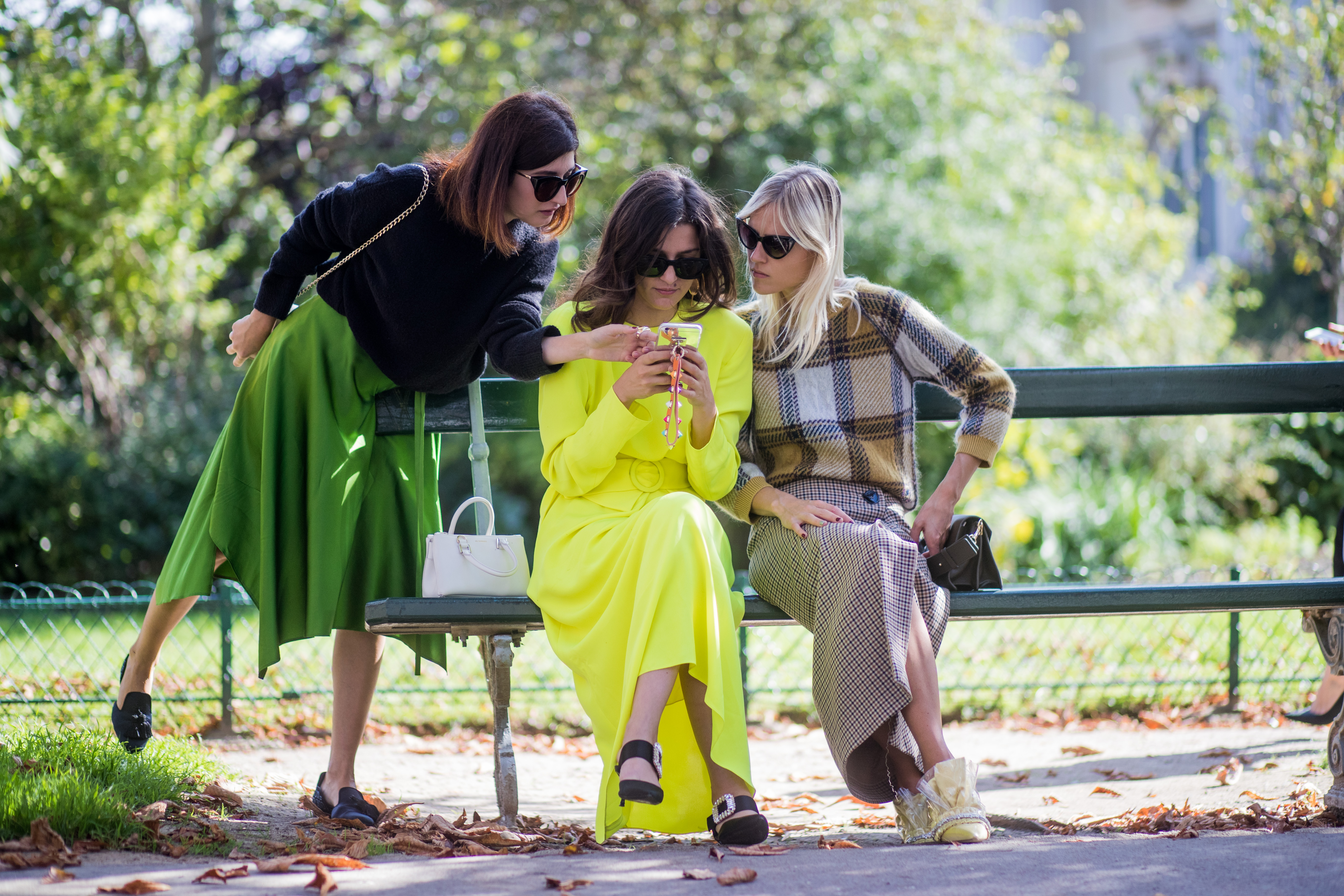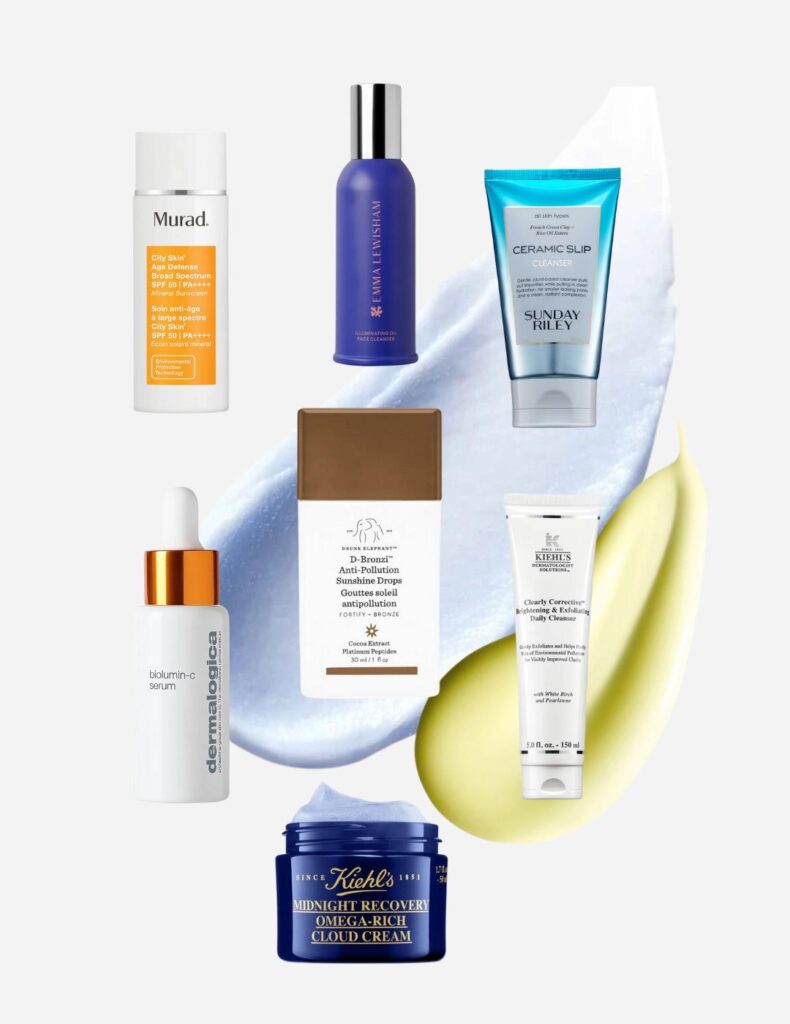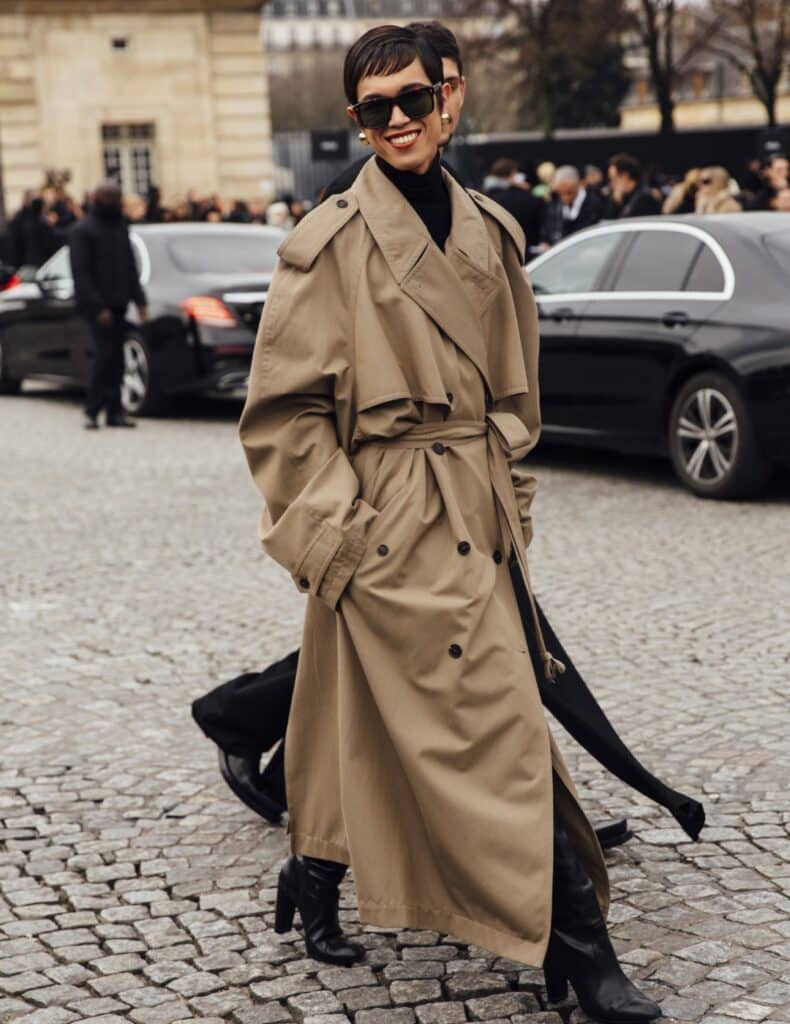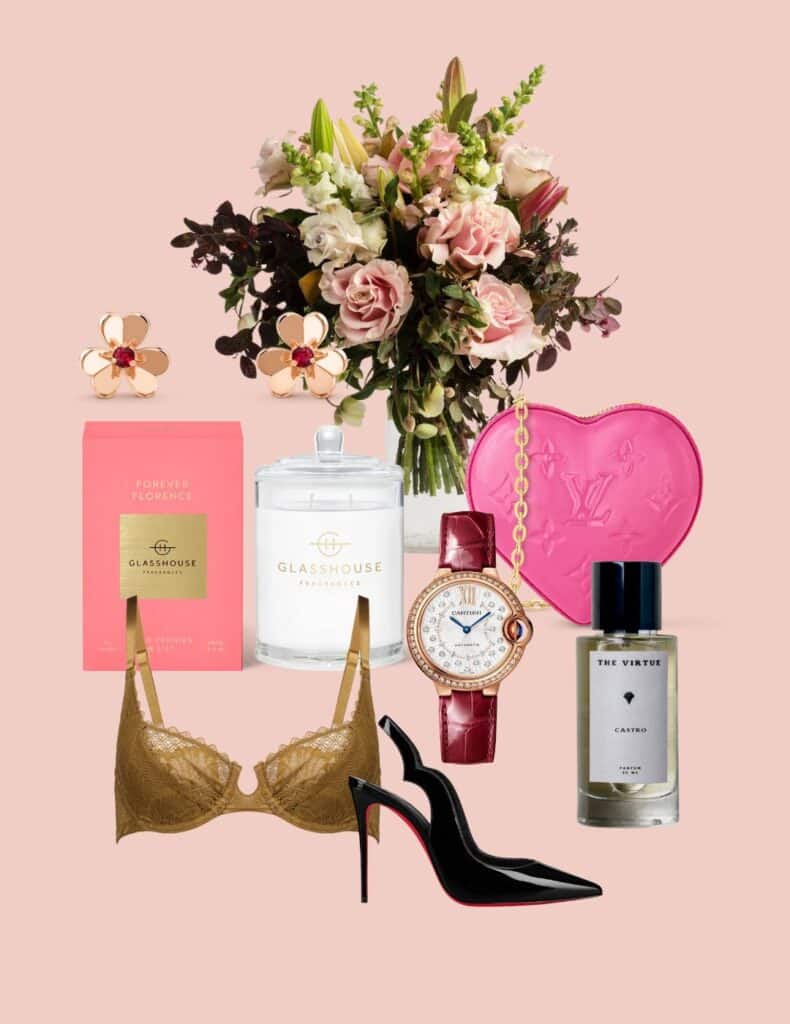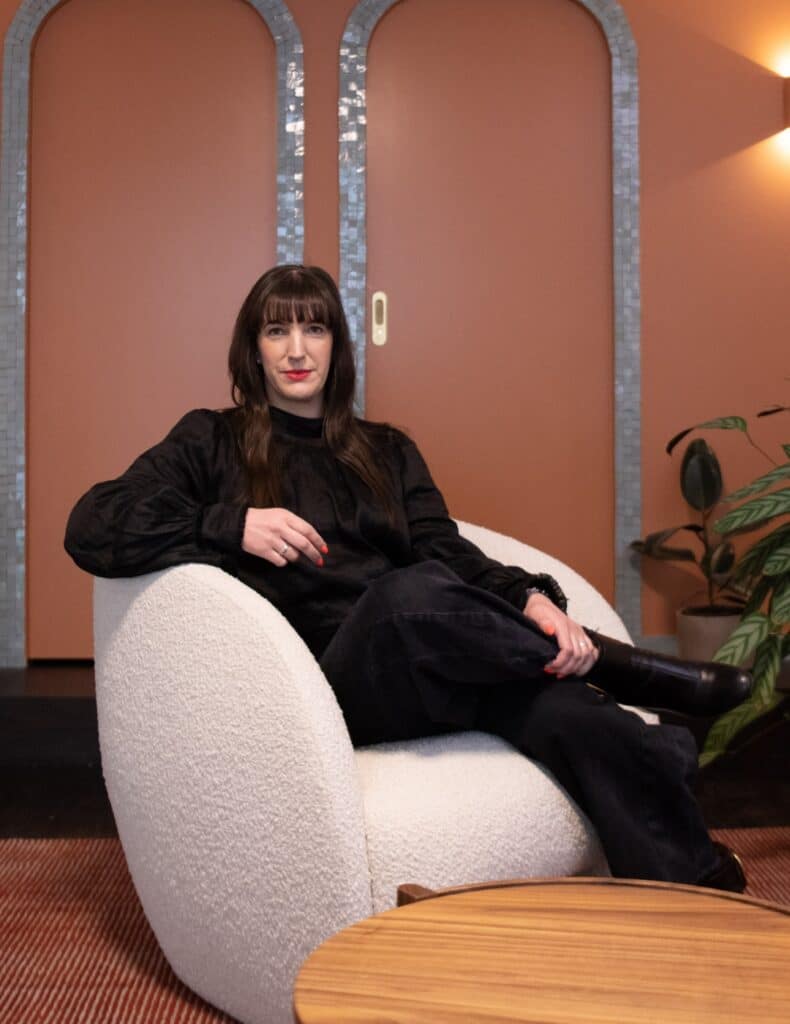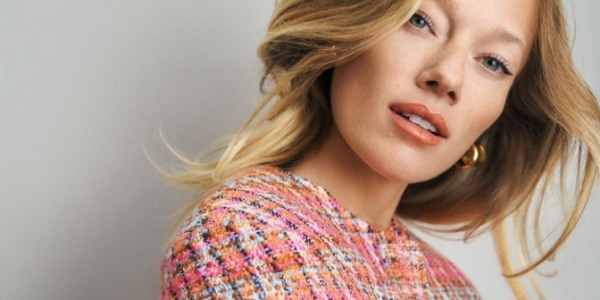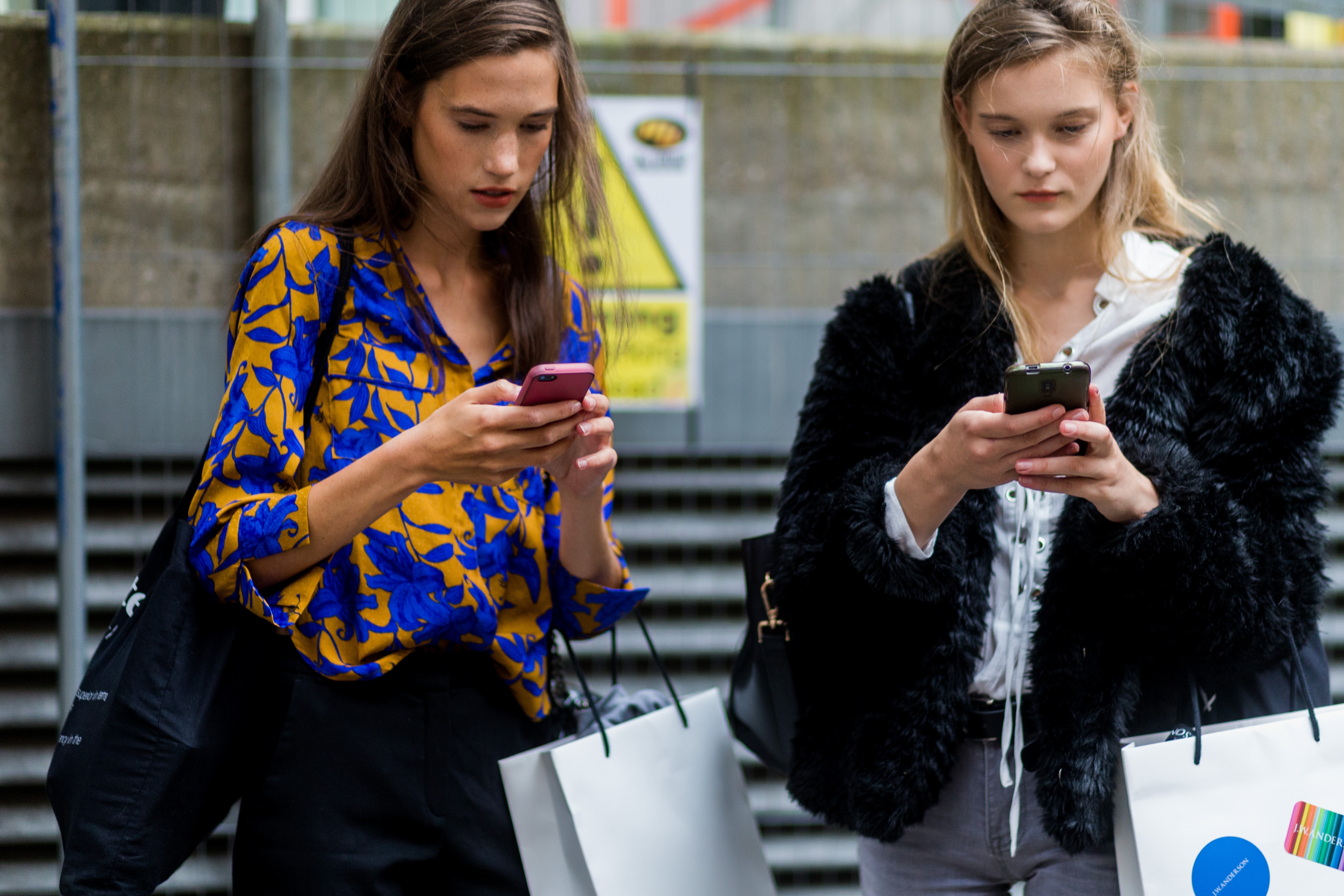
I know too much, and yet, I feel I will never know enough about other people’s lives.
There’s a line in Olivia Sudjic’s debut novel Sympathy which has stayed with me: ‘I was on the sidewalk, buffering, wondering if it was okay to follow people in real life’.
It reminded me of an Instagram feed I look at once a day, sometimes twice. I don’t know its owner. Not really. We’ve met in passing in real life once, maybe twice. I don’t follow her. I don’t know why, I just don’t. She started coming up in my suggested stories and that’s when I started watching. There’s not much to see, between you and me. It’s a feedback loop of selfies, parties that look good but are probably boring and full of people who hate themselves and, occasionally, holidays. Anyway, everyone’s Instagram stories look the same, don’t they? The only difference is whether they’re drunk at a party being thrown to launch a new trainer or in a club somewhere in a suburb. I once saw her in real life, at a party, and it was awkward. I felt awful for knowing so much, too much about her, and I got the sense that she knew I knew. At what point does social media stalking stop being ‘a bit creepy’ and become dangerous for the person being stalked and the person doing the stalking? Indeed, this fine line is interrogated by Sudjic throughout Sympathy.
When did Instagram become so integral to my life? When did I start to take such an interest in the mundane lives of relative strangers? Why can’t I look away? I recently downloaded an app called Moment to record how much time I spend on my phone a day. It records, on average, 4 hours. I expect the majority of that is spent replying to emails and WhatsApps but Instagram can’t be far behind. I find myself sliding seamlessly between the two worlds: my professional life, my personal life and my foray as a voyeur into the lives of others.
Increasingly I feel that Instagram has normalised stalking. More than this, it encourages it. ‘Watch this!’, ‘like that!’, ‘follow them’, ‘have you seen what’s going on over here’ it calls out whenever you click on its tiny square icon. Once inside that box, you can access information about millions of people. You could scroll and swipe through it indefinitely, storing far more information about the people you see than they could ever possibly have about you.
A study conducted earlier this year found that Instagram is rated as the worst social media platform for mental health. The Royal Society of Public Health’s report said that ‘social media may be fuelling a mental health crisis among young people’ despite the fact that they also found the app had a positive effect on ‘self-expression’. Part of the problem is not only how easy it is to compare ourselves to others but to follow their every mood with Truman Show-like immediacy.
We all social media stalk but is it at all comparable to real life stalking? “I think it’s different,” says Kate, 23. “I’m sure everyone has been guilty of a bit of mild Facebook stalking but would they admit to calling themselves a stalker? I think it’s harmless,” she says. “I have stalked the odd person that has been suggested as a friend to me, I guess it only makes me feel a bit creepy but only when I have reflected on what/why I’m doing it!!”
Sarah, 28, agrees. “Social media has made it easier to see where people are and what they are doing. It seems so normal to know what people are doing and where they are and, because we’re all pretty self-obsessed, of course, we compare that to our own lives.” Similarly, Rachel 27* says Instagram, in particular, has ‘normalised stalkery behaviour’. How does this manifest itself? “I go into profiles of people I don’t actually follow intentionally,” she says, “like…I still check in on my ex who I have unfollowed because I felt it was too hard to see him pop up in my feed but I want to have a glimpse into how his life is worse without me on a Tuesday night with a glass of red wine in my hand. More often than not, though, it makes me feel shit.”
“I still check in on my ex who I have unfollowed … I want to have a glimpse into how his life is worse without me on a Tuesday night with a glass of red wine in my hand. More often than not… it makes me feel shit.”
Psychologists are a little less lackadaisical about all of this than the young women I asked. Dr Emma Short, an expert in Cyber Stalking and Harassment, says “I think people are really conducting a level of surveillance on one another, especially on ex partners – which is unhealthy. After a break up, it is almost impossible to remove a person and their influence from your feeds. We are constantly getting triggers that its’ very difficult not to act on – we are getting alerts about them, posts about them, you may even be tagged in stuff with them. By the same token, it can be very difficult not to engage with people you haven’t engaged with in real life because it doesn’t seem like a big deal to do so.”
Why does she think we stalk people we only sort of know and, in some cases, don’t actually know at all? “It’s the old cycle of ‘in group out’,” she explains, “you define your friendship group by who is not in it as well as by who is in it. You look out at the people who are not in your group and say “they’re not like us”. It’s something that has always happened in society but it’s so much easier on social media, it’s not nuanced at all. It enables quite destructive behaviour, in a way that is quite troubling.”
There is a difference between stalking your ex boyfriend’s ex girlfriend on Instagram and committing a criminal offence though, isn’t there? “Well”, Dr Short says, “we understand what it’s like to be a celebrity and be stalked but I would argue that we are now all public figures, we all have a social media profile and we’re all at risk from individuals who may become fixated on what we represent. So, I do think we’ve got a long way to go in terms of the law and our own self-management when it comes to how we fixate on others. Stalking is defined as a fixation on others, if we put too much energy into other people online we are at risk of developing very difficult behaviours.”
Far from being something we can joke about, Dr Short thinks even so-called low-level social media stalking is something we should all be mindful about if we catch ourselves doing it. “It’s all about proportionality,” she says. “It’s like any behaviour which can become addictive – it’s about how much time you spend looking at other people. If you’re spending every evening looking at people and that’s making you miserable and it’s bad for them in terms of you having more information about them than they have about you. We need to understand the impact that behaviour has and question why we’re doing it.”
Instagram, in particular, was once about aspiration, it lent itself to careful curation. This was one of the things that made it so very popular, a welcome break from the emotional vomiting we were all being subjected to on Facebook on Twitter but the introduction of Instagram stories made it inherently more confessional and revealing. I really do think this is when I stopped enjoying the platform.
Instagram, in particular, was once about aspiration, it lent itself to careful curation.
I’ll level with you – Instagram makes me feel boring, sad, ugly and, often, pointless. It makes me feel like nothing will ever be enough. It makes me want to scroll until I find something, but I don’t yet know exactly what it is that I’m looking for. Perhaps I will never know, but the constant suggestions, the new leads and lines of enquiry encourage me to believe that it is there. Somewhere.
I see people I follow, know and admire struggling to generate enough content to post. I see repetition. I see half-formed thoughts. I see succulents everywhere. I dream in millennial pink.
I know too much and yet I do not know enough. And so, I will keep scrolling, posting and waiting for likes. You’ll do the same because it makes us feel like we’re part of something, that we are seeing others and they are seeing us.
Words: Vicky Spratt
Photos: Getty Images
This article originally appeared on The Debrief.


